Interpreting Literary Texts
Course Purpose: Competence at this level will enable learners to discuss the style and purpose of the text, implied and stated meanings, themes, plot, the author’s point of view and the context in which the text arose. They can use …
Overview
Course Purpose:
Competence at this level will enable learners to discuss the style and purpose of the text, implied and stated meanings, themes, plot, the author’s point of view and the context in which the text arose. They can use literature as a base to study and make judgements about human and social issues. They are aware of the drama and power of language.
What you’ll learn
Competence at this level will enable learners to engage deeply with various texts, discussing the style and purpose behind them. They will be able to interpret both implied and stated meanings, analyse themes and plot developments, and understand the author’s point of view and the context in which the text was created. This course encourages learners to use literature as a foundation for exploring and making informed judgements about human and social issues, fostering critical thinking and analytical skills. Additionally, learners will develop an appreciation for the drama and power of language, recognising its impact and significance in conveying complex ideas and emotions. This comprehensive approach prepares learners to critically analyse and appreciate literary works, enhancing their overall understanding of literature and its role in society..

Duration: 1 Day
Featured Course
Interpret and Use Information from Texts
Course Curriculum
Curriculum
Curriculum
- 3 Sections
- 14 Lessons
- 1 Day
- Unit 1: Extract meaning from a variety of literary textsASSESSMENT CRITERIA4
- 1.1Listening/signing/reading/viewing strategies appropriate to the purposes for study are adopted.
- 1.2Key features of literary texts are identified and the role of each is explained.
- 1.3Own responses are confirmed and/or adapted after interaction with others when discussing a text.
- 1.4Evidence cited from texts in defence of a position is relevant.
- Unit 2: Identify and explain features that influence response to textsASSESSMENT CRITERIA5
- 1.1The human experiences and values in texts are explored and explained.
- 1.2Clues in the text about the experiences and beliefs of the author are found and explained.
- 1.3A variety of texts are explored and explained in terms of social or personal relevance.
- 1.4Responses to points of view in text are imaginative and an understanding of surface or embedded meaning in the text is reflected in presentations of own viewpoints.
- 1.5The way in which people respond differently to texts is explored and discussed.
- Unit 3: Produce own texts in response to literary textsASSESSMENT CRITERIA5
- 1.1Content is outlined and related to theme and character development.
- 1.2A good grasp of the significant ideas of the texts is demonstrated.
- 1.3Use of certain stylistic devices is identified, and the effects created are described.
- 1.4Own understanding of characterisation is justified.
- 1.5Selected literary texts are used as a basis for writing/signing in different formats and registers.
Requirements
- Grade 10
- NQF Level 2







